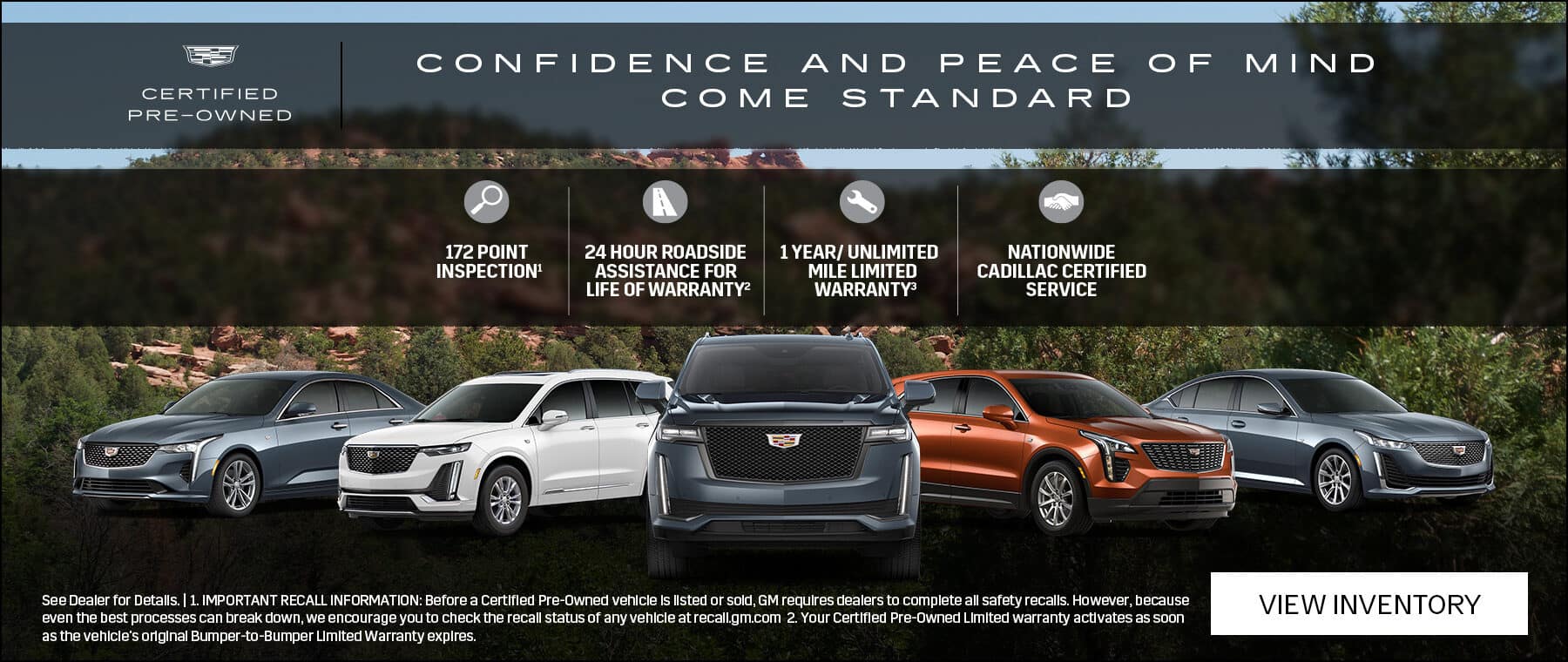
Vehicle Recalls: Ensuring Safety and Peace of Mind
Vehicle recalls are a process where automobile manufacturers address safety issues by repairing or replacing specific parts of a vehicle in order to maintain the safety and reliability of the vehicle. Recalls are issued when a defect or non-compliance with safety regulations is found, posing a risk to drivers, passengers, or the public.
Each year, millions of vehicles are recalled worldwide, highlighting the importance of staying informed about potential recalls and taking prompt action to address any safety concerns. As a vehicle owner, it is crucial to be aware of any recalls that may affect your vehicle and to respond accordingly to ensure the safety of yourself and others on the road.
We will explore the reasons behind vehicle recalls, the process of issuing and addressing recalls, and what you can do if your vehicle is subject to a recall.

Credit: www.amazon.com
The Potential Dangers And Consequences Of Unrepaired Recalls
Vehicle recalls can have potential dangers and consequences if left unrepaired. Addressing recalls promptly is of utmost importance due to the impact on safety and peace of mind for vehicle owners. Ensuring that recalls are promptly addressed can prevent accidents and potential injuries.
It also helps to maintain the integrity and functionality of the vehicle, prolonging its lifespan. Ignoring recalls can lead to further damage and costly repairs in the long run. Prompt action allows for necessary repairs or replacements to be made, minimizing the risks associated with a faulty vehicle component or system.
By taking recall notices seriously and promptly addressing them, vehicle owners can ensure the safety and reliability of their vehicles, giving them peace of mind on the road.
How To Find Out If Your Vehicle Has A Recall
Recalls are a crucial aspect of vehicle ownership. It is important to know how to check if your vehicle has any recalls. Fortunately, there are various resources available for this purpose. Automakers provide recall notifications to their customers, alerting them about potential safety issues.
These notifications can be received via mail, email, or even through smartphone apps. Additionally, automakers have official websites where you can search for recalls using your vehicle’s identification number (vin). The national highway traffic safety administration (nhtsa) also provides a database that allows you to search for recalls by vin.
Furthermore, third-party websites, such as carfax and autocheck, offer recall check services as well. By utilizing these resources, you can stay informed and ensure the safety of your vehicle and yourself.
Steps To Take When Your Vehicle Is Recalled
When your vehicle is recalled, the first step is to contact your local dealership or manufacturer. They will provide you with information on how to proceed. You may need to schedule a repair appointment to have the necessary fixes made.
During this process, it’s important to keep track of any expenses related to the recall, as you may be eligible for potential reimbursement options. By staying in touch with your dealership or manufacturer, you can ensure that your vehicle is repaired properly and that your needs are addressed.
Remember to follow their instructions and provide any necessary documentation to facilitate the process. Overall, taking action promptly and staying informed will help you navigate the vehicle recall process smoothly.
Regular Vehicle Maintenance And Inspection
Regular vehicle maintenance and inspections play a crucial role in preventing vehicle recalls. By adhering to scheduled maintenance, potential issues can be caught early on, ensuring the safety and reliability of vehicles. Professional inspections are particularly important in this regard, as experienced technicians are trained to identify potential problems that may lead to recalls.
Their expertise helps to detect issues that may go unnoticed during routine maintenance, such as faulty components or manufacturing defects. By addressing these issues promptly, manufacturers can prevent the need for recalls and avoid potential accidents or injuries caused by defective vehicles.
Therefore, it is imperative for vehicle owners to prioritize regular maintenance and inspections to keep their vehicles in optimal condition and minimize the risk of recalls.
Safety Tips For Vehicle Owners
Vehicle recalls can be concerning, but there are measures vehicle owners can take to ensure safety. By being proactive in identifying potential concerns, such as checking for recall notices and staying informed, owners can prioritize safety. Additionally, utilizing safety features and technology in vehicles can further enhance protection.
Advanced systems like adaptive cruise control, lane departure warning, and automatic emergency braking are designed to keep occupants safe. Regular maintenance and inspections are also crucial in addressing any issues promptly. By following these safety tips, vehicle owners can navigate the road confidently, knowing that they are taking the necessary precautions to protect themselves and others.
Keeping safety a priority should always be the goal for every vehicle owner.
The Responsibilities Of Automakers And Manufacturers
Automakers and manufacturers hold important responsibilities when it comes to vehicle recalls. Timely and transparent communication is vital in this process. Vehicle owners rely on automakers and manufacturers to provide accessible and convenient recall repairs. By promptly informing owners about potential safety issues and offering clear instructions for addressing them, automakers and manufacturers can ensure the safety of those using their vehicles.
Additionally, they should offer convenient repair locations and minimize any inconvenience or disruption caused by the recall process. Open and honest communication builds trust with customers and demonstrates a commitment to their safety. With proper communication and convenient repair options, automakers and manufacturers can fulfill their responsibilities and effectively address vehicle recalls.
Regulatory Bodies And Their Role In Overseeing Recalls
Regulatory bodies play a crucial role in overseeing vehicle recalls. Government agencies closely monitor the recall processes, ensuring compliance with regulations and policies. They actively engage in safeguarding public safety and holding manufacturers accountable. Government agencies work in collaboration with industry stakeholders, conducting investigations, and issuing necessary recalls.
Their involvement includes monitoring compliance with safety standards, investigating consumer complaints, and taking swift action when necessary. Regulations and policies have a significant impact on recall processes, shaping the way manufacturers handle potential issues and communicating information to consumers. By upholding strict regulations, these regulatory bodies ensure that recalls are carried out promptly and effectively, prioritizing public safety above all else.
Manufacturers, in turn, are obligated to adhere to these regulations to maintain trust and protect the well-being of consumers.
Conclusion: Prioritizing Safety And Peace Of Mind
Safety should always be a top priority when it comes to vehicles. Staying informed about vehicle recalls is crucial. By taking action and promptly addressing any potential issues, vehicle owners can protect not only themselves but also others on the road.
Being proactive in these situations empowers individuals to make informed decisions about their vehicles. In a world where accidents can happen, gaining peace of mind through staying up-to-date with recall information is invaluable. With the ability to easily access recall notices and alerts, vehicle owners have the tools to safeguard their well-being.
By prioritizing safety and taking necessary action, individuals play an active role in ensuring the reliability and security of their vehicles.
Conclusion
In light of the rising number of vehicle recalls, it is crucial for car owners to stay informed and take appropriate action. Regularly checking for recall announcements and addressing any potential issues promptly can help maintain not only the safety but also the value of your vehicle.
Whether it is a minor defect or a major safety concern, vehicle recalls should never be taken lightly. Remember to register your vehicle and keep your contact information up to date with the manufacturer to ensure timely notifications. Additionally, staying proactive by researching and considering recall history when purchasing a new vehicle can save you from future headaches.
By prioritizing safety and staying engaged with recall information, you can become a responsible car owner and contribute to safer roads for everyone. Stay informed, stay proactive, and stay safe.
